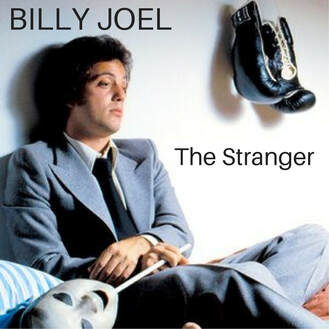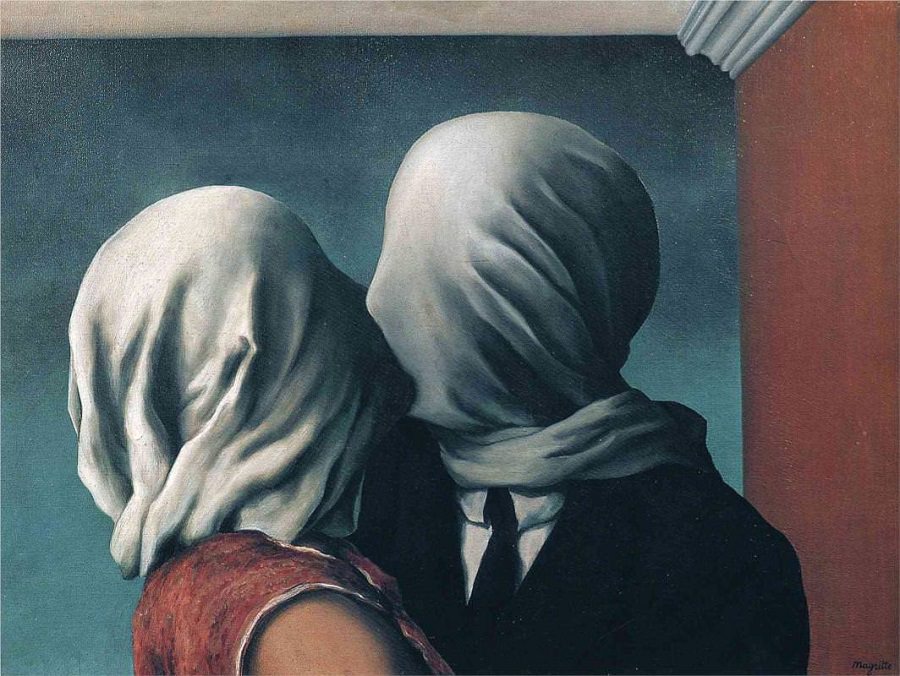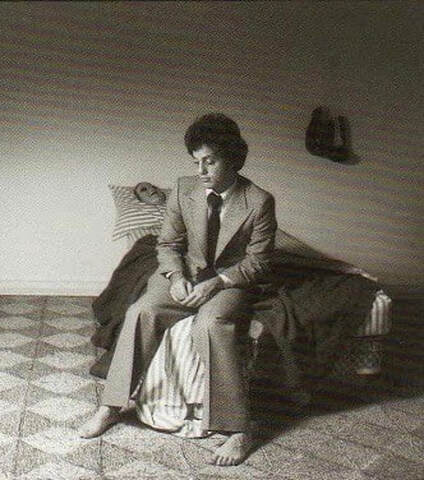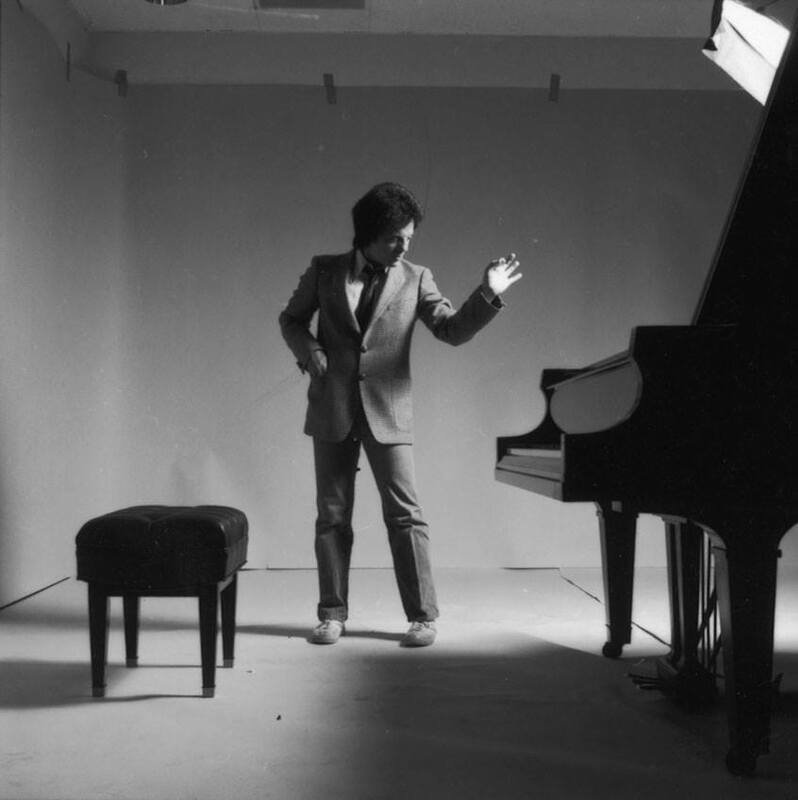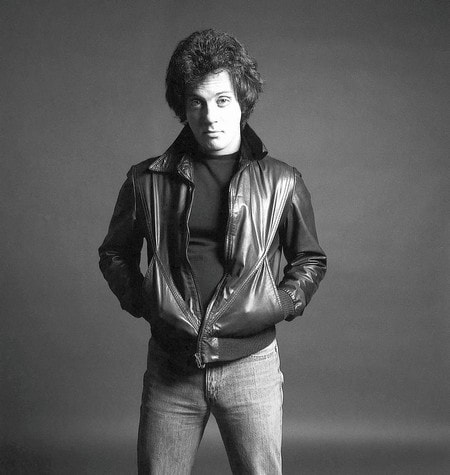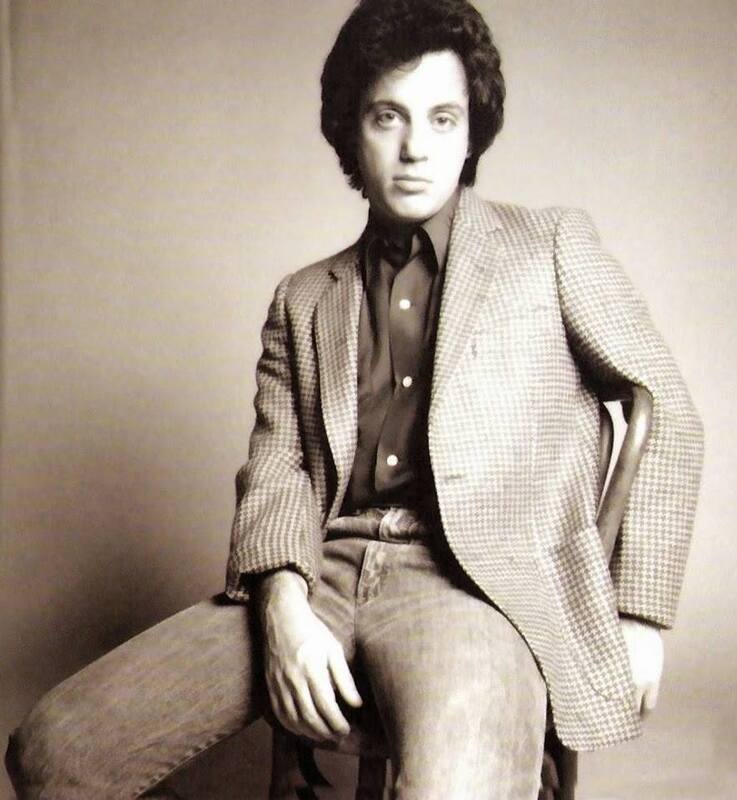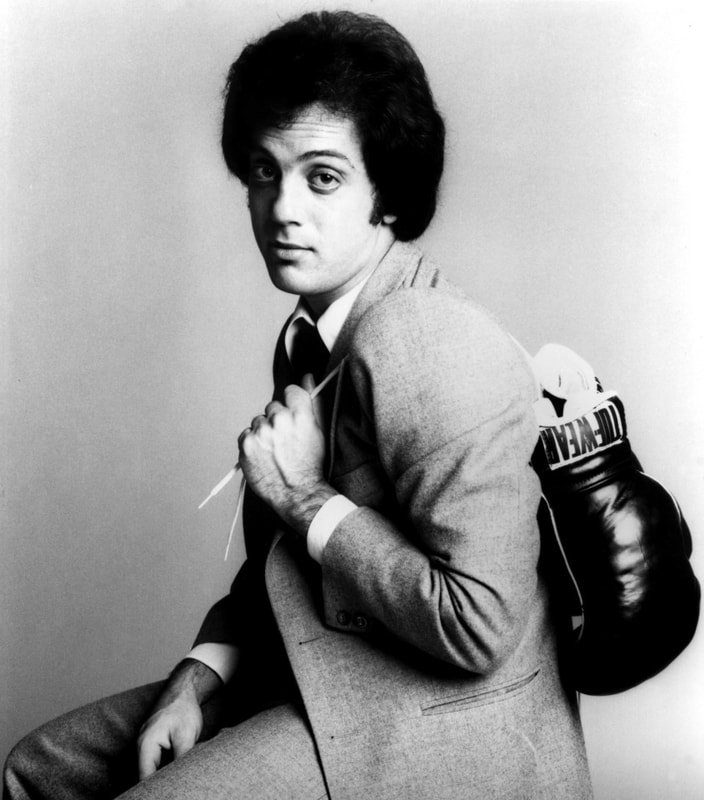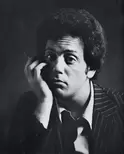|
Why were you so surprised That you never saw the stranger Did you ever let your lover See the stranger in yourself? "The Stranger," the title track to the 1977 album, is a psychological look into the "other" side of our lovers and ourselves. You think you know someone but then suddenly they go south, they act strange and selfishly, and you see a side of them you never saw before and realize they were playing you all along as they "kick [you] right between the eyes." But you shouldn't be surprised because "Everyone goes south/Every now and then/You've done it, why can't someone else?/You should know by now/You've been there yourself." In the end, however, though you "drown in good intentions" you will give in to your desire "when the Stranger comes along" and succumb to her (or his) selfish manipulations to your detriment.
We all have psychological and emotional layers of our ourselves, our faces "that we hide forever" and yet we are surprised when we discover them in others. People can be in a very close relationships for years but do not really know all the facets of their partner's personality and psyche. And when these facets rear their ugly heads (or faces), it is like being kicked right between the eyes. This is the flip side to the themes in The Beatles' "Eleanor Rigby" who "keeps her face in a jar by the door, who is it for" or Leon Russell's "This Masquerade" in which "we're lost in a masquerade" and not revealing our true selves. Billy discusses "The Stranger" on SiriusXM. The song starts out with a wistful piano prelude and Billy whistling. Billy has said that he pictured a solitary man walking down an empty street in the night in a trench coat, coat collar turned up, and disappearing into the fog. Then the sting of an electric guitar rips apart this image and Billy and his band launch into a jarring rocker. It is similar in this way to "Stiletto" from Billy's next album 52nd Street and reminiscent of Steely Dan.
Billy originally envisioned that the introductory melody would be played by a saxophone or other instrument, and so he only whistled the melody as filler while in the studio. But producer Phil Ramone wisely encouraged Billy to just keep the whistling rather than replace it with an instrument because the whsitling was more personal and evocative. As Billy described in a Rolling Stone article:
|
Well we all have a face That we hide away forever And we take them out and show ourselves When everyone has gone Some are satin some are steel Some are silk and some are leather They're the faces of the stranger But we love to try them on Well we all fall in love But we disregard the danger Though we share so many secrets There are some we never tell Why were you so surprised That you never saw the stranger Did you ever let your lover See the stranger in yourself? Don't be afraid to try again Everyone goes south Every now and then You've done it, why can't someone else? You should know by now You've been there yourself Once I used to believe I was such a great romancer Then I came home to a woman That I could not recognize When I pressed her for a reason She refused to even answer It was then I felt the stranger Kick me right between the eyes Well we all fall in love But we disregard the danger Though we share so many secrets There are some we never tell Why were you so surprised That you never saw the stranger Did you ever let your lover see The stranger in yourself? Don't be afraid to try again Everyone goes south Every now and then You've done it why can't someone else? You should know by now You've been there yourself You may never understand How the stranger is inspired But he isn't always evil And he is not always wrong Though you drown in good intentions You will never quench the fire You'll give in to your desire When the stranger comes along. Rene Magritte's The Lovers (Les Amants) II (1928). As in "The Stranger" where lovers hide behind masks, "[t]he device of a draped cloth or veil to conceal a figure’s identity [in The Lovers] corresponds to a larger Surrealist interest in masks, disguises, and what lies beyond or beneath visible surfaces," from MOMA.
"Well we all fall in love but we disregard the danger"
|
The funky rhythm of "The Stranger" came from Billy playing around with a small drum machine called the Rhythm Ace. The rest of the song came to him whole, and was done in about ten minutes. "You're almost like the instrument," he said, "like the song was always there floating around and it came through you." Listen to Billy discuss it in this 1977 interview and listen to a demo version below.
"The Stranger" is also one of Billy''s best vocal performances He starts with the sustained and wistful whistling in the intro, and then goes right into a taunting growl in the verses ("Did you ever let your lover see the stranger in yourself"), and then shifts into a fantastic falsetto in the chorus ("Don't be afraid to try again, everyone goes south"). This is not your ordinary pop song. Lyrically, thematically, musically, and vocally, "The Stranger" demonstrates Billy's formidable musical gifts.
"The Stranger" was not released as a single in the U.S. but it received frequent airplay. It was a big hit in Japan where it reached #2 on the charts, mostly for the intro and ending which are reminiscent of some Japanese pop songs from the 1950s and 1960s. Billy plays it whenever he is on tour in Japan even if it is not in his set otherwise. See video below (right).
"The Stranger" is also one of Billy''s best vocal performances He starts with the sustained and wistful whistling in the intro, and then goes right into a taunting growl in the verses ("Did you ever let your lover see the stranger in yourself"), and then shifts into a fantastic falsetto in the chorus ("Don't be afraid to try again, everyone goes south"). This is not your ordinary pop song. Lyrically, thematically, musically, and vocally, "The Stranger" demonstrates Billy's formidable musical gifts.
"The Stranger" was not released as a single in the U.S. but it received frequent airplay. It was a big hit in Japan where it reached #2 on the charts, mostly for the intro and ending which are reminiscent of some Japanese pop songs from the 1950s and 1960s. Billy plays it whenever he is on tour in Japan even if it is not in his set otherwise. See video below (right).



